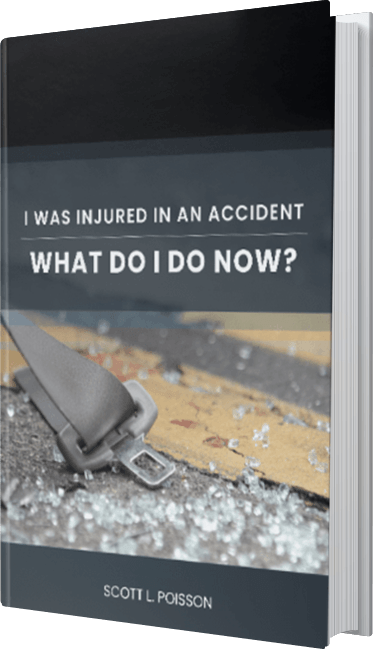Study Shows That Las Vegas Is One Of 10 Most Dangerous Cities For Pedestrians
May 14, 2013
When we are out and about in Las Vegas, we all tend to see one constant – people walking to and from their destinations. Las Vegas, especially downtown and on The Strip, is simply made for people to move around on foot, and pedestrians are generally a mix of locals and visitors from all over the world. The weather is perfect on most days for a walk, there are many sights to see and much to enjoy and for many people walking is simply an easier way to get around than driving. While walking is also an obviously healthy form of exercise, it is not without danger or risk. This is especially true when walkers are sharing space with motor vehicles, as everyone in a particular place at a particular time needs to follow all of the relevant traffic laws in order to avoid accidents.
Unfortunately, that is not how things always play out in Las Vegas, and according to a recent study the city is one of the 10 most dangerous in the United States for pedestrians. Transportation for America is a non-profit organization that works to advocate for safe travel for everyone. It recently completed a statistical study regarding the safety of pedestrians in cities across the United States, and based on the study’s criteria only five cities were considered more dangerous for people traveling on foot than Las Vegas. The following metropolitan areas were the only ones to be deemed more dangerous:
- Orlando-Kissimmee, FL
- Tampa-St. Petersburg-Clearwater, FL
- Jacksonville, FL
- Miami-Ft. Lauderdale-Pompano Beach, FL
- Riverside-San Bernardino-Ontario, CA
In addition to the high ranking of Las Vegas on this dubious list, the Las Vegas Metro Police Department recently announced that pedestrian accidents skyrocketed by a factor of 80 percent during the calendar year of 2012 as compared to 2011, and this jump obviously had a lot to do with the city’s placement on these national rankings. Given this troubling news, several agencies and groups have been promoting tips that are designed to bring an added measure of safety to pedestrians, as not all of these crashes were the fault of motorists. Examples of these tips to keep in mind while walking include:
- Avoid using your cell phone
- Avoid using headphones
- Walk facing oncoming traffic
- Always use a crosswalk
- Make sure drivers see you before you cross any road
These all seem to be basic recommendations, but the unfortunate fact of the matter is that too many people are ignoring one or more of them before they are hit by vehicles. Distracted walking is just as dangerous as distracted driving, and breaking traffic laws is just as likely to lead to an accident for walkers as it is for drivers. The team at High Stakes Injury Law has been representing people injured in pedestrian crashes as Las Vegas accident lawyers for 30 years, and we have seen too many times the destruction of lives that can result from being hit by a vehicle. Do what you need to do in order to remain safe as you enjoy the sights and sounds of our city.
Get A 100% Free Case Evaluation
From A Top-Rated Personal Injury Attorney
Call: (702) 707-5934 or Contact Us Online
$9M
Settlement / Auto Accident
$5.1M
Settlement / Tire Explosion
$3M
Settlement / Truck Accident
01
02
03
04

I Was Injured In An Accident.
What Do I Do Now?
By Scott L. Poisson

Do I Have A Case?

Dealing With The Insurance Company

When a Lawsuit Is Filed

Overcoming Common Defense Themes

Special Considerations in Specific Types of Cases
